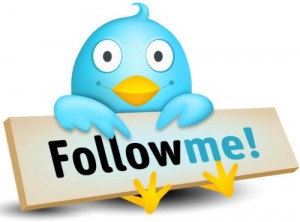A recent entry on Duct Tape Marketing blog recently asked the question, Could You Sell Your Tweets? I know what you’re thinking, and no, it isn’t talking about getting paid $200 to tweet about how much you love a certain brand. Instead, it describes how to find ways to make your Twitter activity and tweets more valuable. By using tools such as Twitalyzer, Twitter users can get a sense of how much impact you and your tweets have based on about 20 metrics. According to Twitalyzer, impact is defined by a combination of the following factors:
- The number of followers a user has
- The number of unique references and citations of the user in Twitter
- The frequency at which the user is uniquely retweeted
- The frequency at which the user is uniquely retweeting other people
- The relative frequency at which the user posts updates
These factors, in essence, describe how good of a relationship that Twitter user (or business) has with their follower (or consumer). In this value-based era, creating long-term relationships is important in order to turn new customers into advocates. Signing up to create a Twitter account, following a couple of people, and making a Tweet once in a while will not cut it. As more and more businesses turn to Twitter as a tool to reach out to consumers, they need to engage consumers in order to create interest in what they have to offer. By being an active user on Twitter, they are not only creating an online presence, they are creating value for their consumers by having a relationship with them.


It makes sense, I get completely turned off by businesses that just tweet the same message (“Check out this awesome product!” “Buy this, it’s good!” “Click the link to check out our website and Facebook!”) over and over again. There’s no conversation or relationship with the followers. All they end up doing is cluttering my twitter feed with useless tweets. Unfollow.
I like your thoughts, Jeannie! Follow Jeannie.
Good post, Julie. You’re clear in your comments that Twitter can’t just be more noise. Remember how we talked about perceptual screens in class and how people selectively attend to stuff i.e. they block out things they don’t want to hear. Twitter’s just another thing to block out. I’d be interested to see another post on you advising people how to improve the quality (and gain followers) of their tweets.
Thanks Elaine! I didn’t think about perceptual screens, but it definitely relates. In this current era where there are so much information to take in from different resources (ie. the internet, television, advertisements), there’s so much noise that it could be more difficult to differentiate things from another. I’ll definitely take a look on finding out how to improve the quality of tweets!